Brazilian cotton prospects the Iranian textile sector
Business and Markets |
Abrapa and the Brazilian Embassy in Tehran began initial negotiations with Iranian businessmen during an event held earlier this week (23/11)
Another market opens its doors to Brazilian cotton. With a booming textile industry, Iran has identified Brazil as an important supplier not only of soybean and corn but also of cotton. This mutual interest was formalized earlier this week (23/11) in a business meeting that brought together the Brazilian Cotton Growers Association (Abrapa), the National Association of Cotton Exporters (Anea), the Brazilian Embassy in Tehran and Iranian textile companies.
Currently, there are no direct cotton exports from Brazil to Iran but there is great potential for such a partnership. The Iranian textile market is expanding and current estimates show imports of 120 thousand tons of cotton per year, which places Iran among the ten largest cotton importers in the world.
Brazil is the fourth largest cotton producer in the world, just behind India, China and the United States. In 2021, Brazilian farmers became the world’s second largest cotton exporters.
Brazilian exports to Iran consist mainly of soybean, soy meal and corn. This trade is worth more than $1.05 billion annually and provides extra stimulus for Brazilian cotton growers to reach out.
“In Brazil, cotton growers are also growers of soybean and corn because we have more than one crop per year. Farmers that export grain to Iran can also ship cotton. This synergy can be further strengthened if we add urea into the deal”, stated the president of Abrapa, Júlio Cézar Busato.
Since 2019, Iran has been a significant supplier of urea, an input used for fertilizer manufacture, to Brazil. In 2021, from January to August, Iran accounted for 4.5% of the total volume of urea imported by Brazil. Last year, they were the fourth largest supplier with a 7% market share.
“The barter (swap) operation of urea for cotton is a real option for us to expand this bilateral trade,” added the Brazilian ambassador to Tehran, Laudemar Gonçalves de Aguiar Neto.
The outlook is positive according to the Iranian businessmen. “Our main suppliers today are Uzbekistan and India but we want to expand the partnership with Brazil from where we already buy many commodities”, pointed out Mostafa Navesi, executive at the Ariya Tejarat Sedeh trading company. China and the United States, the world’s second and third largest cotton producers, do not export to Iran.
“This is a good time for Brazil to occupy part of this market as both Uzbekistan and India are prioritizing the domestic consumption of their cotton and directing exports towards yarn and fabrics. Therefore, we are interested in Brazilian cotton as we need the raw material to supply our textile industry”, explained Ahmad Ghasabi, representative of Khoy Textile Factories.
Aware of the current logistical challenges, Brazilian cotton exporters are now starting to look into the positive experiences of trade in other products between Iran and Brazil. “We are going to identify existing opportunities with companies that already maintain a commercial relationship with Iran for benchmarking,” stated Anea’s advisor, Marco Antonio Néia.
The phytosanitary detailing and survey of protocols required by Iran for imports will be carried out by the Ministry of Agriculture, Livestock and Supply (Mapa). “Our focus is to support the feasibility of Brazilian cotton exports,” stated Ellen Laurindo, a Ministry inspector and who was present at the meeting.
The event was held online by Cotton Brazil, a program developed by Abrapa in partnership with the Brazilian Trade and Investment Promotion Agency (Apex Brasil) to promote Brazilian cotton in international markets, especially in Asia. This enterprise is also supported by the National Association of Cotton Exporters (Anea).






